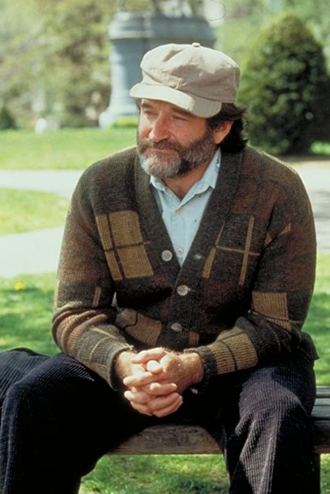Yes, it fucking is.
I am not going to pretend Marvel films are full of technical marvels. I don’t watch them for the directing, cinematography, editing and dialogues. I don’t pretend them to be arthouse works worthy of awards.
But, to say they are the worst films, isn’t that disingenuous?
As escapist as they can be, I genuinely love how they treat human emotions. Let me tell you some my favourite scenes from those films.
When I first watched Guardians of the Galaxy, I genuinely thought Rocket would be another comic relief. I was proven wrong when he was revealed to harbour internal anguish as he perceives himself as a laboratory ‘freak’.
When he is grieving Groot’s death, Drax wordlessly console him. Despite their differences, Drax can empathise as he also knows how it feels to lose loved ones tragically.
In the sequel, Yondu’s funeral scene is accompanied by Cat Steven’s Father and Son. The song about father-son relationship reminds us about the genuine familial bonding between Yondu and Quill; by doing so, we focus our attention to Quill’s personal grief.
In Infinity War, there is a scene where Thor is having an intimate conversation with Rocket. The former claims he is emotionally fine, even though his speaking tone and body language say otherwise. It reminds us how in the real world, we should learn to take cues as not everyone can open up comfortably.
Also in the same film, there is also the infamous annihilation scene, in which many people are heartbroken by Peter Parker’s death. As he is the youngest main character, it is just heartbreaking to watch. Gone to soon, one may say.
In the beginning of Endgame, Natasha Romanoff is seen eating peanut butter sandwich while trying to hold back her tears. Later on, Thor can be seen as an overweight alcoholic who tries to put up a happy facade; many think he suffers from PTSD. Both are representations of the world still trying to cope with the mass annihilation five years prior, visually emphasised by the grey-based colour palate.
In the middle(?) of the film, Tony Stark travels back in time and accidentally meets his now-deceased father. Judging from his awkwardness and him hugging his father in the end, he clearly misses his feather dearly and is overwhelmed by the encounter.
Its ending is also very bittersweet.
The reversal of the mass annihilation is undoubtedly a positive turn of events. But, we also cannot ignore that two of the main characters we are emotionally-attached to sacrificed themselves in the fight. In the fight for greater good, there is no such thing as a happy ending.
After travelling back in time to return the Infinity Stones, Steve Rogers does not return to the present time. Instead, he chooses to stay and spends the rest of his life with his significant other. While we are happy for him and he does return as an elderly man, it somehow feels like we are losing a dear friend.
I just love how the film ends on a calm note. Instead of bombarding us with fast-paced montage, we are allowed to absorb the emotions. Not just the one we are experiencing in the ending, but also the ones we have experienced throughout the series.
Obviously, Marvel Cinematic Universe are not the only emotionally mature films around. Pixar films and How To Train Your Dragon (I haven’t watched the sequels) are also known for that aspect.
But still, I have my share of films and it is hard for me to find films which actually make me feel like a proper human being. And yes, I also have a hard time finding such arthouse films.
I have often talked about how Andrei Tarkovsky and Ingmar Bergman are my favourite directors. However, as much as I love their works, I also find theirs to be emotionally distant.
Yes, their works dwell deep into the human minds. But, Bergman’s depiction of the human psyche is extremely intricate while Tarkovsky’s are laced with philosophical musings.
And I almost forgot to mention Stanley Kubrick (which is also one of my favourite directors, but I keep forgetting to mention him), whose films are infamous for their coldness.
The problem with arthouse films is they are so cerebral, we need to think hard first before we feel the emotions beneath. Even then, there is no guarantee we will end up feeling anything.
Hence, if I want to watch films that make feel like an emotionally well-rounded human being, I prefer ones like Marvel.
Admittedly, the depiction of Thor’s PTSD is polarising. Some people think the PTSD turns Thor into a comic relief while others consider the portrayal realistic. As I have never suffered from it and I have never had direct one-to-one contact with people who have, I cannot say which opinion is the right one.
But, I can say this: it is refreshing of Hollywood to depict mental illness sufferers as the actual sufferers instead of ones who inflict suffering.
Oh, and I don’t get how anyone can think Marvel films ruin cinema when we have films like Michael Bay’s and comedies starring like Adam Sandler among us…
… When pop cultures in general have been accused of artistic mediocrity since forever.
.
.
.
.
.
Donate to this deadbeat, preachy blogger on Patreon.







